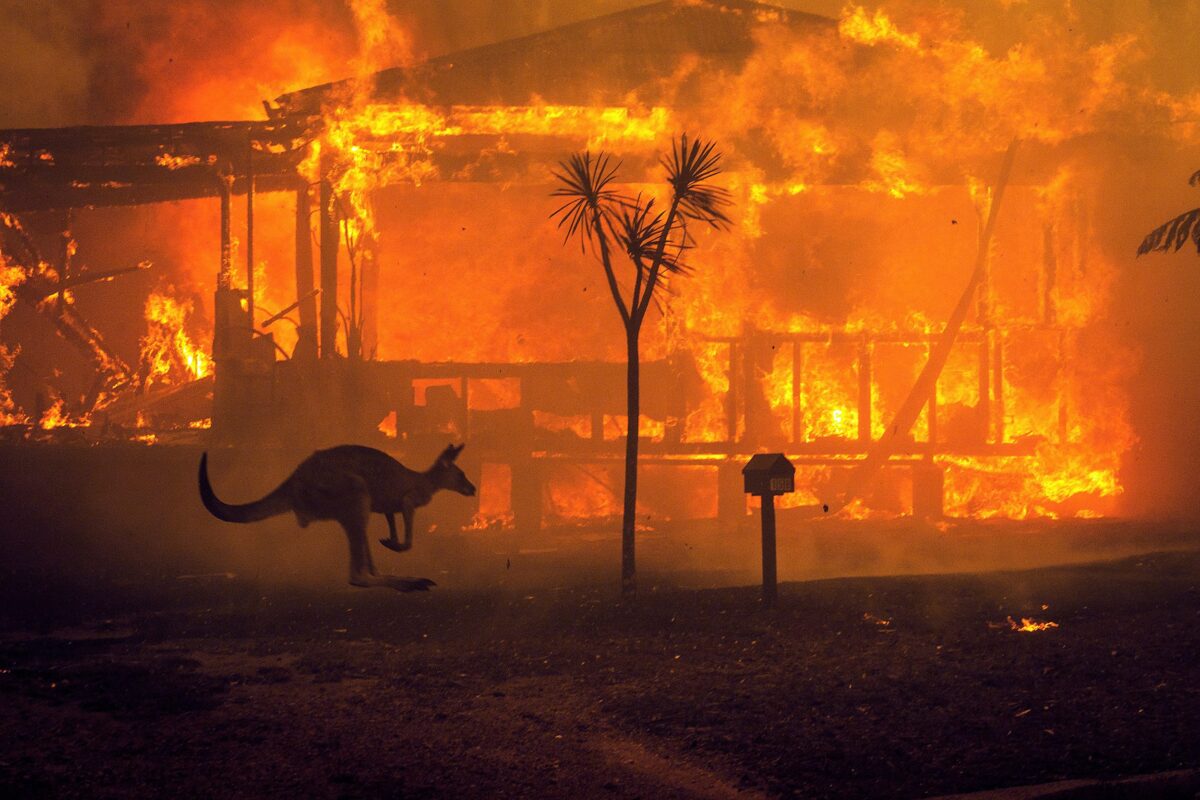Given that Gen-Z are both more sober than ever and spending more on rent than ever before, you’d be forgiven for thinking that they’d be looking to hold onto their remaining cash. And yet, new research shows that Gen-Z are driving luxury sales in a new phenomenon coined ‘doom spending‘.
Splurging on luxury items in the face of global economic precarity, Bloomberg takes a young woman called Nia Holland — and her decision to spend US$2,500 on a vintage Chanel bag despite her limited income from a university research job — as a case study that reflects a wholesale disillusionment with the achievability of traditional life milestones.
WATCH: Mark Wahlberg’s 5am Sterling Silver Ice Baths Are The Most Decadent Thing Ever
A Ph.D. student in education and psychology at the University of Michigan, Holland justifies her purchases despite the massive dent it makes in her savings by highlighting the need for some kind of gratification in an otherwise uncertain and depressing world:
“The economy sucks, there’s global warming, there’s constant political and social unrest globally.”
Nia Holland
Credit Karma reports that approximately 27% of Americans dabble in ‘doom spending’ to manage concerns about the economy and political turmoil around the world. This rate is significantly higher, however, among Millennials and Gen Z, reaching 43% and 35%, respectively. Courtney Alev, a consumer financial advocate, calls this a coping mechanism, but not a terribly healthy one at that…
This trend has been a long time in the making, however, with the 2013 Consumer Expenditure Survey, pointing to an annual expenditures ‘hump’ — whereby young people start out spending very little but then spend more and more as they enter adulthood, peaking in their 30s before the tide gradually turns at middle-age.

Stephen Wu, an economics professor at Hamilton College, further highlights that this spending behaviour isn’t new. His 2004 research suggested that people who consider external factors to influence their spending are ultimately less inclined to save, with the sentiment only goriwng in a post-pandemic context, as it did after the Great Recession.
A commenter on Bloomberg’s article summarised this feeling — of financial successes and failures as being beyond one’s control — pithily if spikily:
“Boomers destroyed america, we are now here for a fun time and not a long time”
@bluechip_cruz
Home ownership’s increasing inaccessibility for the young is one of the main motivators for supposedly reckless spending behaviour. It’s even led to the rise of a whole new breed of online content creators of which Maria Melchor — a 27-year-old financial educator — is a prime example.
She argues in a viral TikTok that young people are using funds typically reserved for down payments or family planning on far more accessible luxuries as a natural reaction to an economic landscape that locks them out from traditional investments.
Do you think doom spending is a natural response to a crumbling world or a bad excuse for reckless spending? Let us know.
